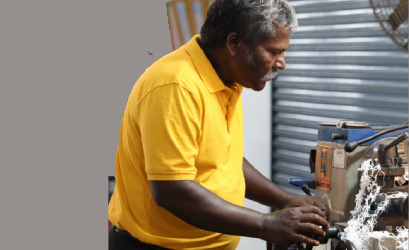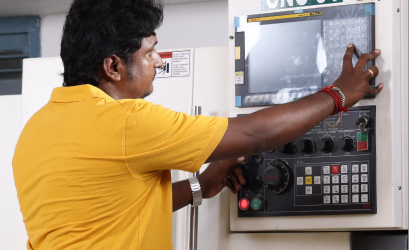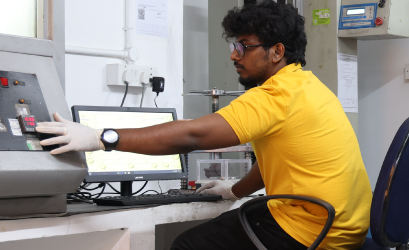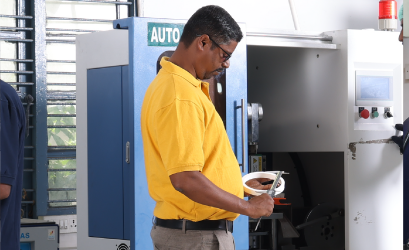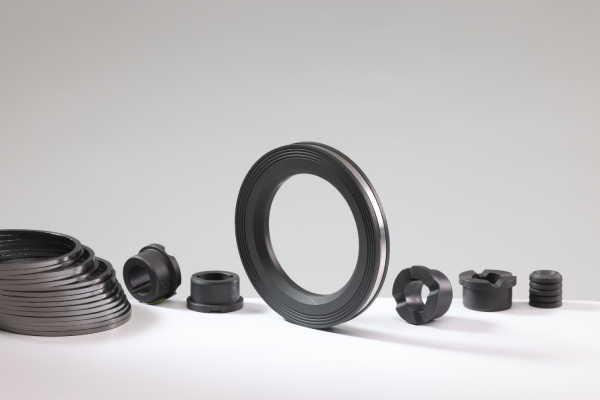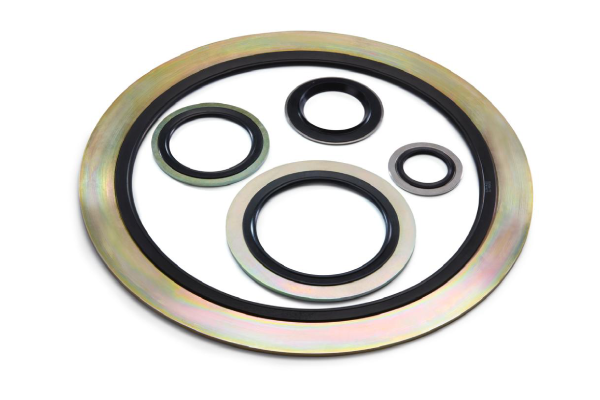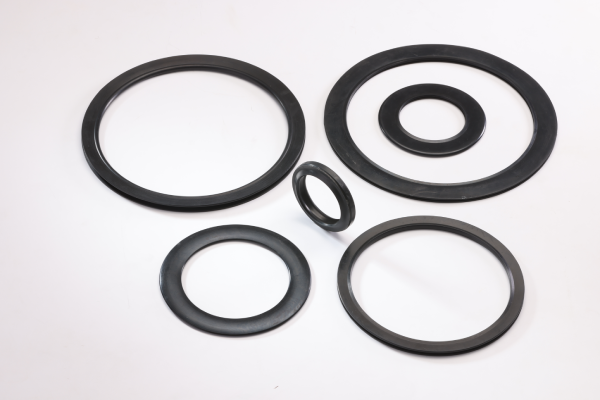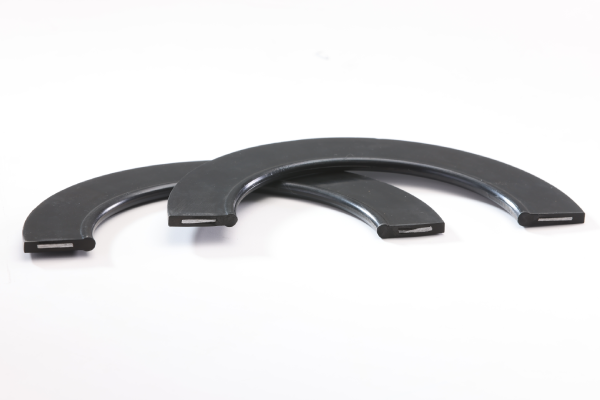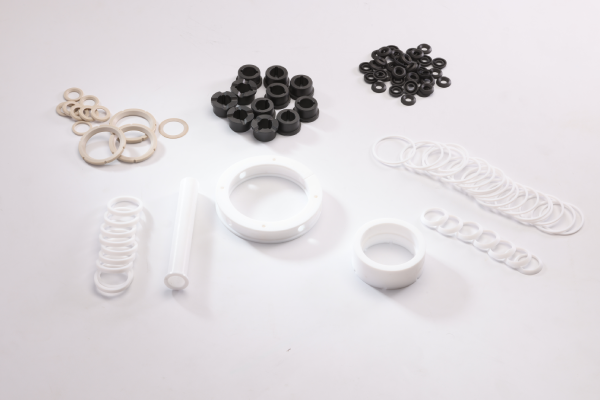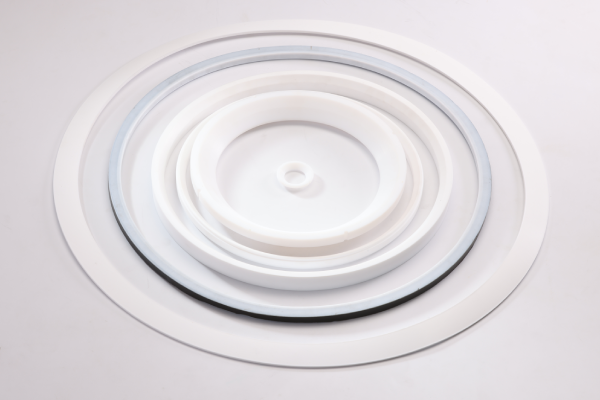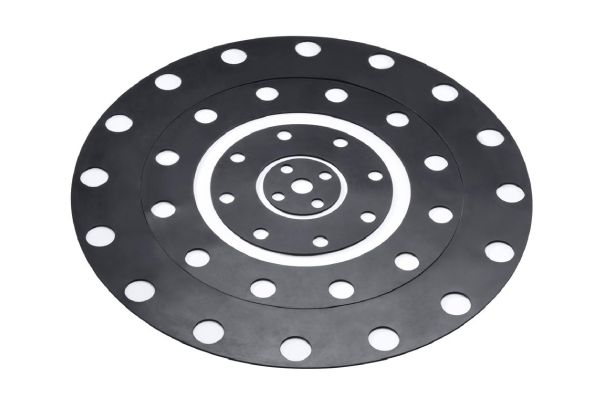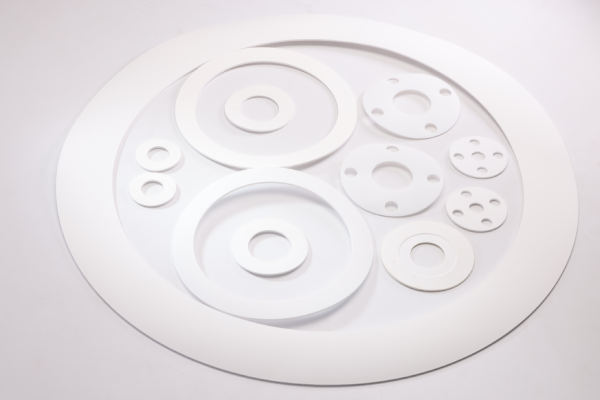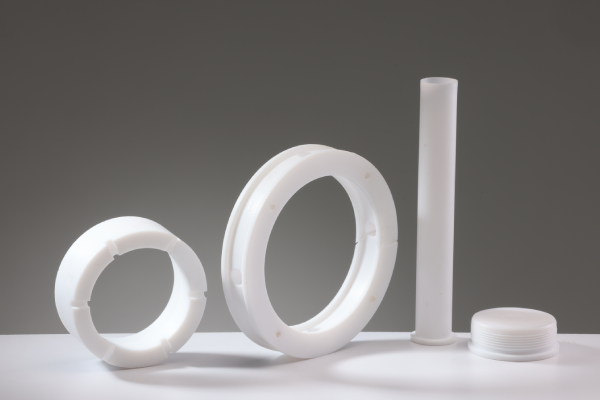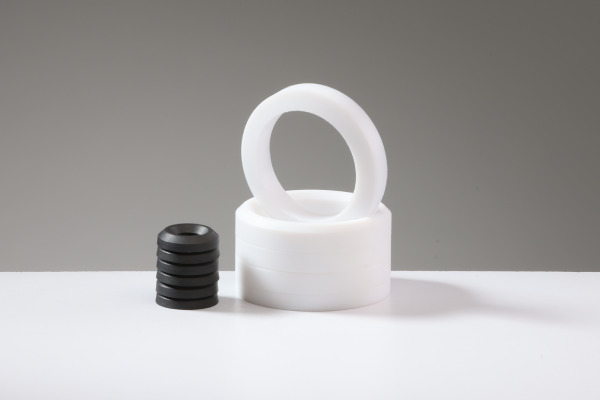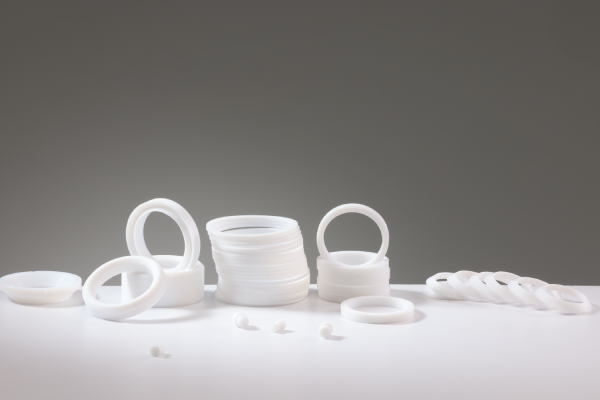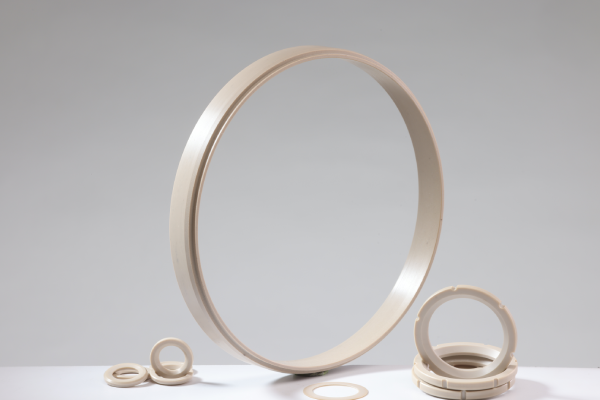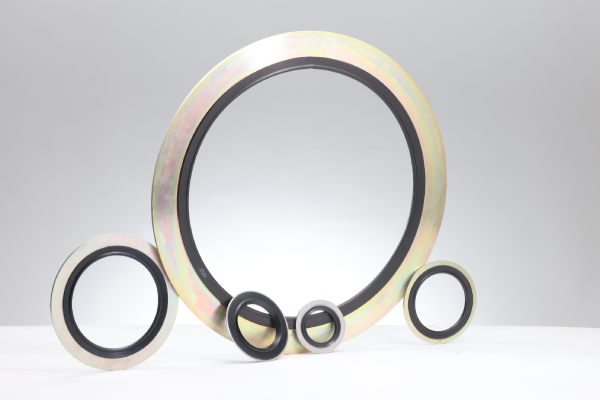WHERE IS IT USED?
PTFE is widely used in industrial applications such as chemical processing, oil and gas, and semiconductor manufacturing. Its chemical resistance and non-stick properties make it an ideal material for lining tanks, pipes, and fittings that are exposed to corrosive substances. PTFE is also used in bearings, seals, and gaskets due to its ability to withstand high temperatures and pressure.
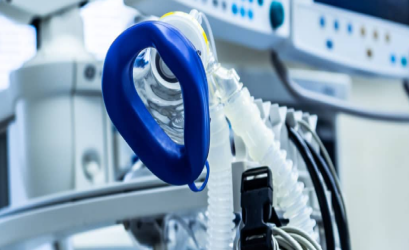
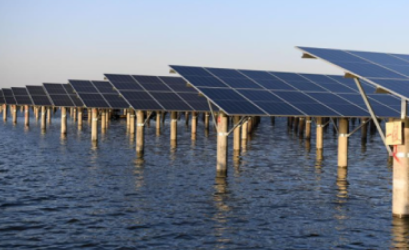
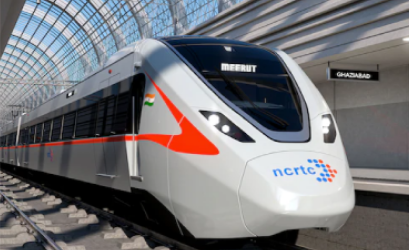
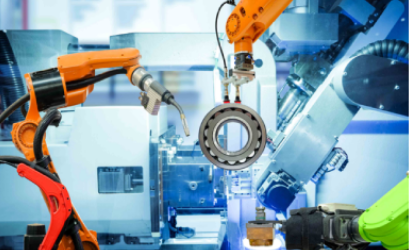
INDUSTRIES
PTFE bellows, valves, cylinder, and hydraulic cylinders are used in chemical process industries, which involve highly corrosive materials.

Enhances operational safety for personnel, processes, and plants when handling highly hazardous materials.

Where pipe replacement is frequently difficult or impossible.

Foods, pharmaceuticals, and fine chemicals.
WHAT IT DOES?
PTFE is a highly effective polymer that is recognized for its superior chemical resistance, low friction, and high-temperature resistance. Its unique properties make it a suitable choice for a wide range of applications, making it a versatile material. PTFE has a low co-efficient of friction, which is a unique characteristic. It’s an excellent choice for use in applications where low friction is necessary due to its lower co-efficient of friction than any other solid material.




POLYMER VALVE SEATS & COMPONENTS
Exceptional chemical & thermal resistance, low permeability, reduced deformation under load, High creep resistance & dimensional stability, exceptionally smooth surfaces.
- Modified PTFE
- Carbon filled
- Graphite filled
- Glass filled
- Bronze filled
- Moly filled
- Customized PTFE
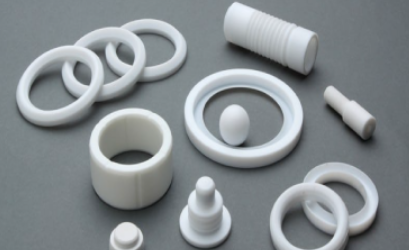
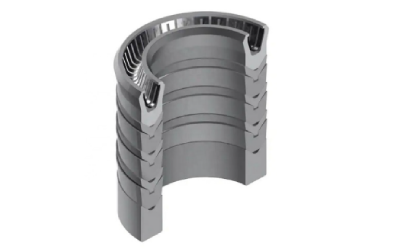
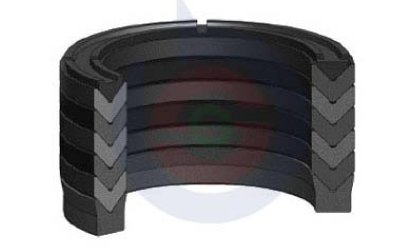
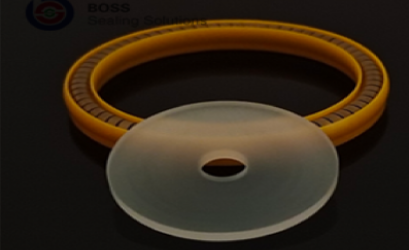
FEATURES OF POLYMER
PTFE is a fluoropolymer that is not only affordable but also has the best performance-to-price ratio on the market. Filled PTFE retains its chemical and high-temperature properties, but the addition of fillers enhances its mechanical strength, stability, and wear resistance.
We have the ability to produce components using more than 500 grades of PTFE, and help you make the perfect choice for your project.

It is capable of operating at temperatures from 200°C to +/- 260°C with high-temperature resistance.

The Mechanical Strength Toughness is exceptional at -180°C with low temperature resistance.

It has a high lubricating property.

Excellent insulation properties.

Non-sticky quality & Non-hazardous

Anti-corrosion & long durability
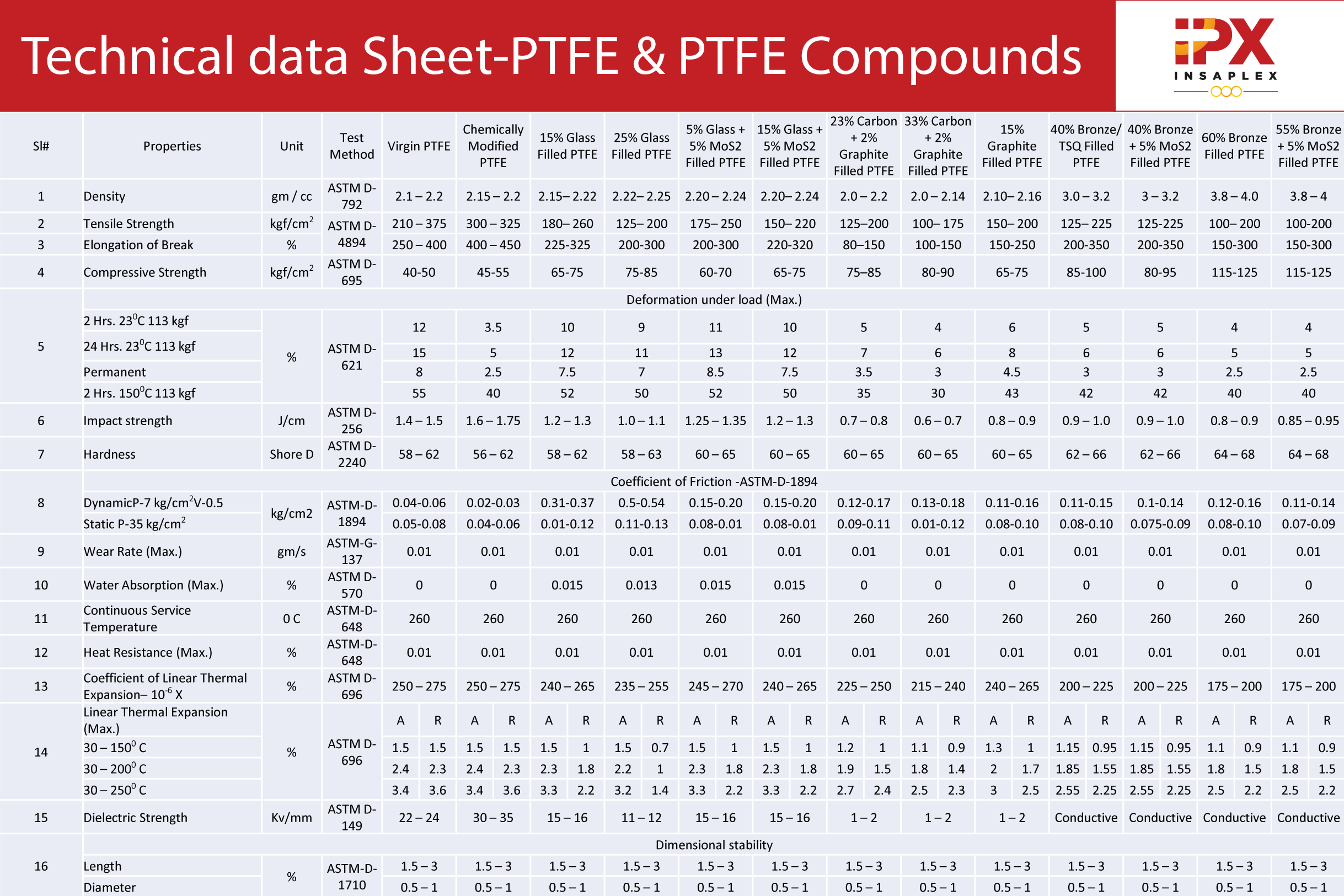
BENEFITS OF HIGH PERFORMANCE POLYMER
We offer a wide range of precision-engineered parts and components made from different grades of PTFE. Our PTFE moulding was designed specifically for use and includes high-quality moulding presses and PTFE sintering ovens.
PTFE Coatings, from our Coatings and Surface Preparation division provide a tough and heat-resistant finish with almost complete chemical inertness.
Our skilled engineers work with you to understand your project as we have hundreds of our experts will suggest PTFE grade as per our project requirements available and recommend a suitable grade of PTFE or PTFE compound for your application.
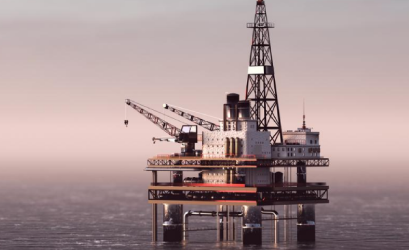
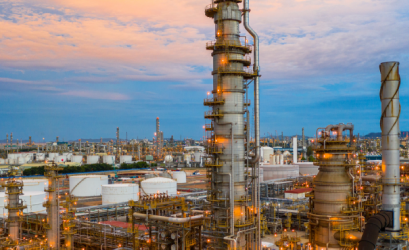
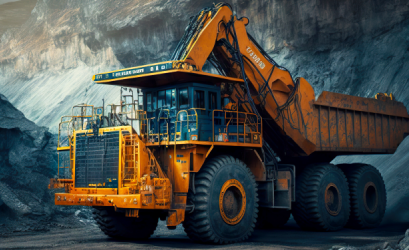
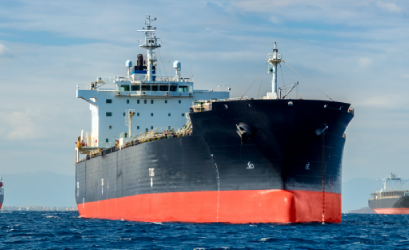
MANUFACTURING PROCESS
PTFE products are manufactured using cold compression molding and sintering processes, as well as isostatic molding and sintering processes. RAM extrusion, paste extrusion, hot coining process, skiving process, calendaring process, coating process, and machining are all involved in the production of a final component.
